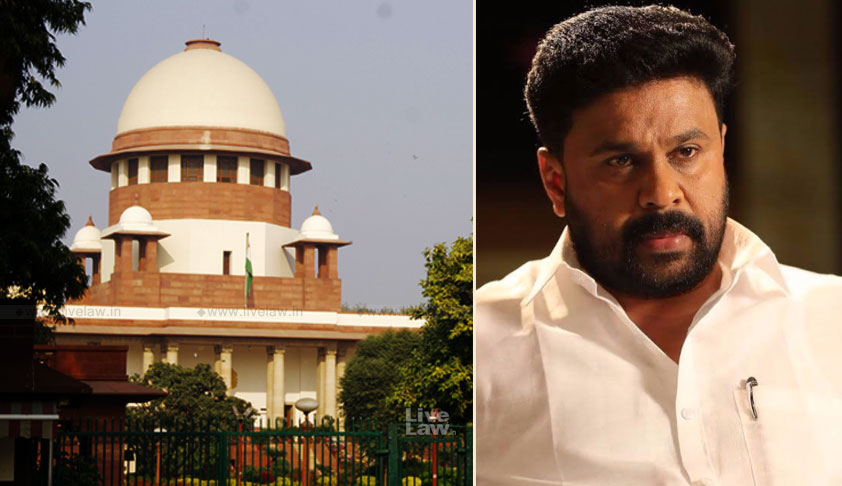The Government of Kerala has filed counter-affidavit in the Supreme Court opposing Dileep's demand for getting copy of the memory card containing visuals of the sexual crime committed against a Malayalam cine actress. Dileep is accused of hatching the criminal conspiracy of the crime.In the affidavit filed today, the Government has submitted that memory card cannot be regarded as a document...

